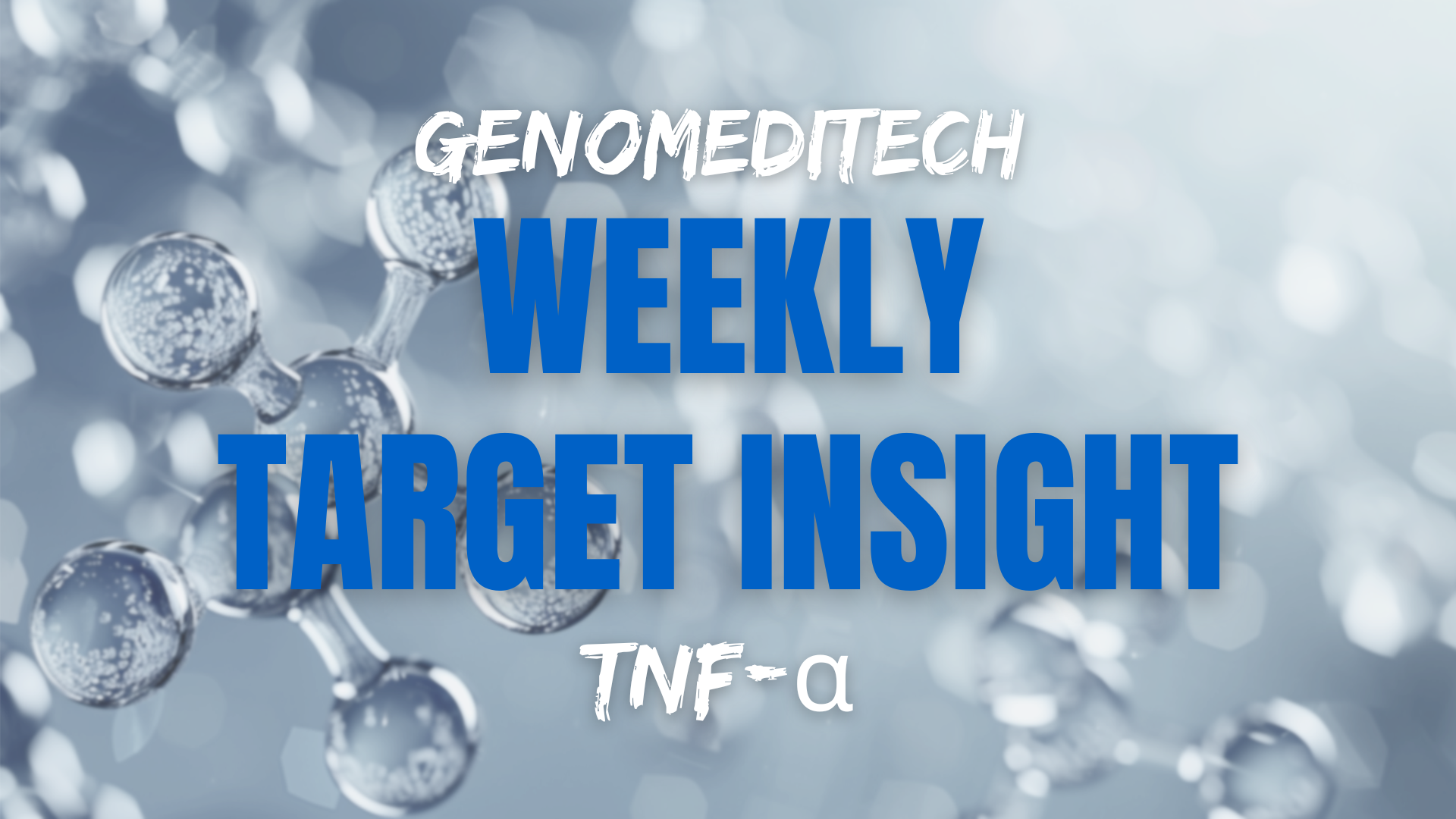May 14, 2025 -- AbbVie (NYSE: ABBV) today announced that EMRELIS™ (telisotuzumab vedotin-tllv) has been granted accelerated approval by the U.S. Food and Drug Administration (FDA) for the treatment of adult patients with locally advanced or metastatic, non-squamous non-small cell lung cancer (NSCLC) with high c-Met protein overexpression (OE) who have received a prior systemic therapy. High c-Met protein overexpression is defined as ≥ 50% of tumor cells with strong (3+) staining as determined by an FDA-approved test. Learn more about our cMET catalog
This indication is approved based on overall response rate (ORR) and duration of response (DOR). Continued approval for this indication may be contingent upon verification and description of clinical benefit in a confirmatory trial(s). EMRELIS is a c-Met-directed antibody-drug conjugate (ADC) and the first and only treatment approved for this patient population. ADCs are designed to target unique biomarkers such as the c-Met protein and deliver a potent 'payload' directly to the biomarker-expressing cell.
Approximately 85% of lung cancers are classified as NSCLC and despite advances in treatment, lung cancer remains the leading cause of cancer-related deaths throughout the world. The c-Met protein is found to be overexpressed in approximately 25% of advanced EGFR wild type, non-squamous NSCLC patients and is associated with poor prognosis. Approximately half of these patients have high c-Met overexpression, defined as ≥ 50% of tumor cells with strong (3+) staining by immunohistochemistry (IHC) test.
"We have observed a paradigm shift in oncology in recent decades toward personalized, biomarker-driven therapeutics, allowing for better selection and optimized treatment outcomes," said Jonathan Goldman, MD, professor of medicine, director of thoracic oncology clinical trials, UCLA. "People with c-Met overexpressing NSCLC have poor prognosis and limited treatment options, and EMRELIS is a first-in-class ADC that can address a critical unmet need for this patient population."
"EMRELIS, AbbVie's first internally developed solid tumor medicine and our first solid tumor FDA approval in lung cancer, is a testament to our commitment to develop cancer therapies that aim to improve the course of treatment for patients facing this challenging disease," said Roopal Thakkar, MD, executive vice president, research and development, chief scientific officer, AbbVie. "Leveraging advanced technology and data science, we are growing our ADC portfolio designed to deliver the right medicines to the right patients in need across a range of difficult-to-treat tumors."
"Despite the progress we have seen in the treatment of lung cancer, we need more options for people whose treatments stop working," said Upal Basu Roy, PhD, MPH, executive director of research, LUNGevity Foundation, a leading lung cancer nonprofit organization. "This approval is a welcomed targeted therapy for those with high c-Met protein overexpressing late-stage, non-small cell lung cancer who have seen very limited treatment innovation in the last decade."
The FDA accelerated approval is supported by data from the Phase 2 LUMINOSITY study (NCT03539536), a study designed to characterize the efficacy and safety of EMRELIS in c-Met overexpressing advanced NSCLC populations. Findings from the study showed patients with high c-Met protein overexpression (n=84) who received EMRELIS demonstrated a 35% (95% CI: 24, 46) Overall Response Rate (ORR) and Duration of Response (DOR) with a median of 7.2 months (95% CI: 4.2, 12). The most common adverse reactions (≥20%) were peripheral neuropathy, fatigue, decreased appetite and peripheral edema. The most common Grade 3 or 4 laboratory abnormalities (≥2%) were decreased lymphocytes, increased glucose, increased alanine aminotransferase, increased gamma glutamyl transferase, decreased phosphorus, decreased sodium, decreased hemoglobin and decreased calcium.
In December 2021, the FDA granted EMRELIS Breakthrough Therapy Designation (BTD) based on Phase 2 LUMINOSITY study data.
EMRELIS is being further evaluated as a monotherapy in patients with previously treated c-Met overexpressing NSCLC in the randomized Phase 3 confirmatory global study TeliMET NSCLC-01. Enrollment in the study is underway and continues across global clinical trial sites. Additional information on clinical trials for EMRELIS is available at www.clinicaltrials.gov.
The FDA has also approved the Roche VENTANA MET (SP44) RxDx Assay, the only IHC companion diagnostic that identifies patients eligible for treatment with EMRELIS. To determine c-Met protein biomarker status, patients can be tested on recent or archived tissue.














